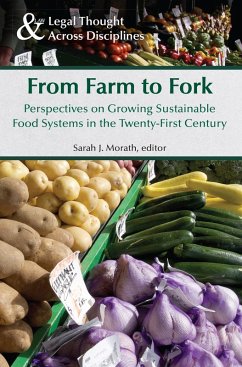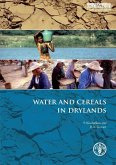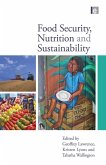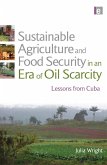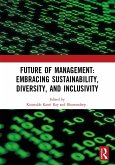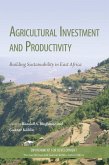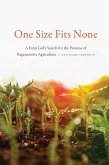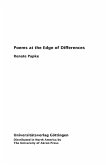Interest in the food we eat and how it is produced, distributed, and consumed has grown tremendously in the last few years. Consumers are exchanging highly processed, genetically engineered, chemical-laden, and pesticide-contaminated food often associated with big agribusinesses for fresh produce grown using organic methods. The growth of farmers markets from 1,755 in 1994 to over 7,500 today, in both urban and rural areas, is just one indication that consumers are interested in knowing who produced their food and how the food was produced. This book addresses the importance of creating food systems that are sustainable by bringing together a number of experts in the fields of law, economics, nutrition, and social sciences, as well as farmers and advocates. These experts share their perspectives on some of the pressing issues related to sustainable food systems and offer solutions for achieving healthy, sustainable, and equitable food systems in the future.
Dieser Download kann aus rechtlichen Gründen nur mit Rechnungsadresse in A, B, BG, CY, CZ, D, DK, EW, E, FIN, F, GR, HR, H, IRL, I, LT, L, LR, M, NL, PL, P, R, S, SLO, SK ausgeliefert werden.

